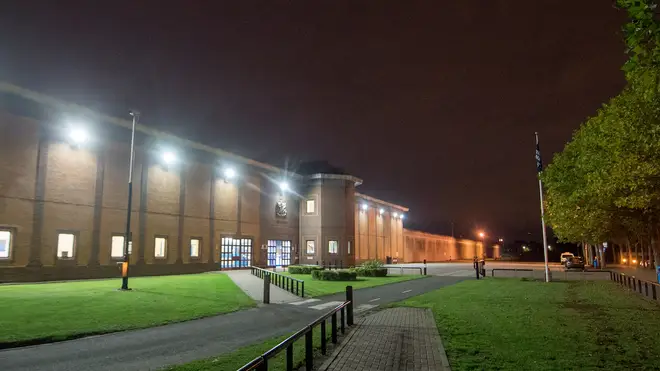
Henry Riley 4am - 7am
27 January 2020, 14:22

Plans to keep offenders in jail for longer would only increase pressure on overstretched prisons rather than making the country safer, campaigners have warned.
The Prison Reform Trust made the claims just days after legislation to ensure serious violent and sexual offenders spend longer behind bars by scrapping automatic release half-way through a jail sentence began to be debated in Parliament.
The proposals would mean those convicted of rape, manslaughter and grievous bodily harm serving at least two thirds of their prison sentence before being allowed out on licence.
Ministers said the changes are being brought in to make sure punishments reflect the severity of the crimes and are part of an "extensive overhaul to the criminal justice system" which would allow for a "greater period of rehabilitation in prison" before offenders are released.
But Trust director Peter Dawson said: "Following almost a decade of deterioration, the Government is right to want to restore confidence in our justice system, but so far it is looking in the wrong places.
"Longer sentences haven't improved public confidence or safety before, and they won't now.
"But they have helped produce a prison system that fails to deliver either safety or rehabilitation.
"Good soundbites don't always make good policy - a coherent plan for reform is long overdue."
If passed, the laws will come into force on April 1 and will apply to standard determinate sentences of seven years or more where the maximum penalty is life which are handed down on or after that date.
In a report commissioned by the trust, researchers suggest England and Wales are already tougher on punishing serious crime than other countries.
Professor Ben Crewe and Dr Susie Hulley, from the University of Cambridge, and Dr Serena Wright, from Royal Holloway, University of London, found a "dramatic increase" in the number of people serving life sentences.
According to the findings, fewer than 100 people a year were handed a life sentence with a minimum term of 15 years between 2000 and 2003.
By 2008 this had risen to 249 adults and as of September 2019, 1,872 life sentence prisoners had tariffs of over 20 years.
Last year there were also 880 serving a minimum of 25 years and 291 with a tariff of over 30, excluding those serving the whole life tariff and are unlikely to never be released.
The findings of the report indicate there was no clear evidence that the latest rise in lengths of tariffs is linked to changes in the "nature or severity of offending".
A Ministry of Justice spokeswoman said: "Under this government serious violent and sexual offenders will spend more time where they belong - behind bars.
"We are spending £2.75 billion on transforming and modernising the estate, including creating 10,000 additional prison places."